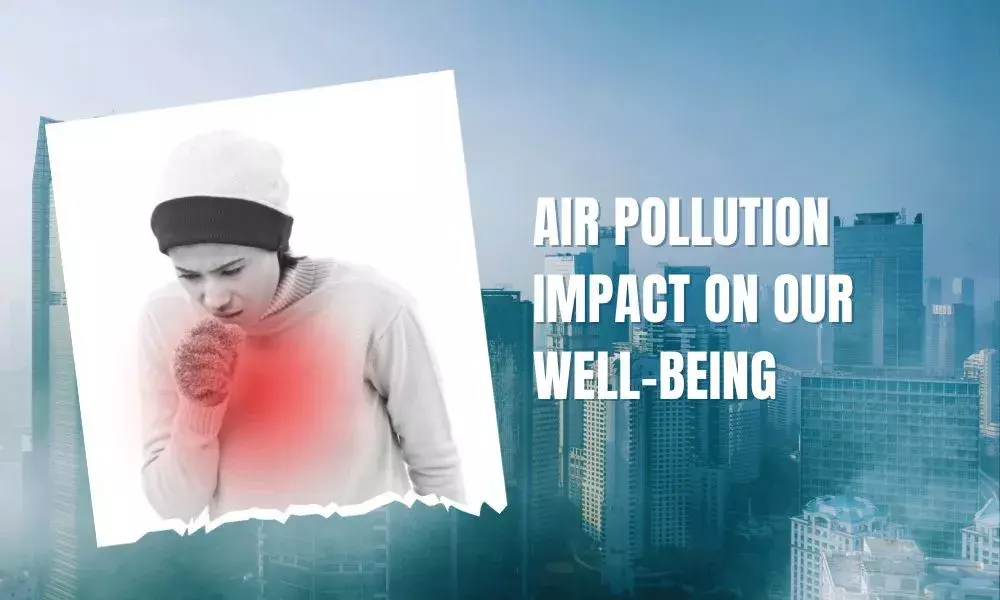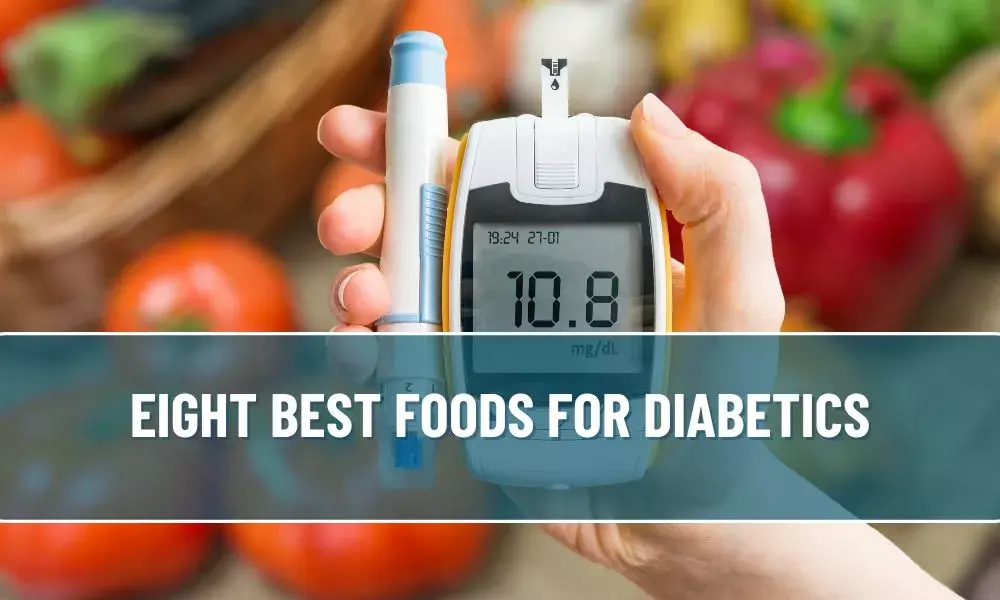During the last few weeks, major cities nationwide have witnessed increased air pollution and poor air quality. And the air quality is expected to deteriorate further in months to come.
With pollution set to increase in the coming months, extra precaution is required to protect ourselves from air pollution impact.
Impact of Air pollution on our organs
Air pollution impacts our lungs significantly. However, it is essential to identify other organs that are damaged due to exposure to various pollutants. Air pollution is a complex mixture of particulate matter, gases, and toxic chemicals that affects multiple systems in the body.
-
Liver and kidneys: Air pollution can strain the liver and kidneys, responsible for detoxifying the body. Prolonged exposure to pollution may impair their functions and contribute to various metabolic disorders.
-
Cardiovascular system: Pollution, especially fine particulate matter, can enter the bloodstream through the lungs, causing inflammation and oxidative stress. This can lead to atherosclerosis, high blood pressure, and risk of heart attacks and strokes.
-
Endocrine system: Some pollutants, known as endocrine disruptors, can interfere with hormone function, potentially leading to reproductive and developmental issues.
-
Skin: Pollution can lead to skin aging, acne, and other dermatological issues. Ozone can cause skin inflammation and exacerbate existing skin conditions.
-
Reproductive health: Emerging evidence suggests that air pollution may affect fertility in both men and women and may lead to adverse pregnancy outcomes such as low birth weight.
-
Brain: Studies suggest air pollution may contribute to cognitive decline and neurological disorders. Fine particulate matter can enter the brain, leading to inflammation and oxidative damage, potentially increasing the risk of neurodegenerative conditions.
Pollution emergency in terms of symptoms
Increased air pollution leads to a pollution emergency characterized by symptoms that indicate the severity of exposure to hazardous pollutants. Common signs of a pollution emergency include:
-
Fatigue and weakness: Pollution emergencies often cause profound fatigue and weakness. Prolonged exposure may lead to chronic fatigue and decreased quality of life.
-
Respiratory distress: Shortness of breath, coughing, wheezing, and chest tightness are typical symptoms. Severe exposure can lead to acute respiratory distress syndrome (ARDS), which is life-threatening.
-
Dizziness and headaches: Nausea, dizziness, and severe headaches are common, mainly when pollutants like carbon monoxide are involved. These can lead to loss of consciousness in extreme cases.
-
Cardiovascular issues: Palpitations, chest pain, and a sudden increase in blood pressure may occur. Severe pollution exposure can lead to heart attacks or exacerbate existing heart conditions.
-
Eye and skin irritation: Irritation of the eyes, skin rashes, and redness can result from exposure to certain pollutants, including particulate matter and toxic gases.
-
Neurological symptoms: Cognitive impairment, memory problems, and mood changes may occur due to inflammation in the brain caused by pollution.
-
Exacerbation of pre-existing conditions: Individuals with pre-existing respiratory diseases like asthma or chronic obstructive pulmonary disease (COPD) may experience severe exacerbations, requiring immediate medical attention.
-
Gastrointestinal distress: Nausea, vomiting, and diarrhea can be symptoms of severe pollution exposure, especially when toxic chemicals are involved.
Air pollution harms our overall health, especially respiratory and cardiovascular health. It is essential to take proactive measures to safeguard our well-being. Some of these measures may include:
-
Try to limit to avoid polluted atmospheres whenever possible
-
Wear masks
-
Indoor air purification
-
Proper ventilation
-
Reduce personal emissions
-
Exercise indoors when pollution levels are high
-
Diet and hydration
We cannot do much about the increasing air pollution around us, but we can take preventive measures to protect our health from the impact of poor air quality.




